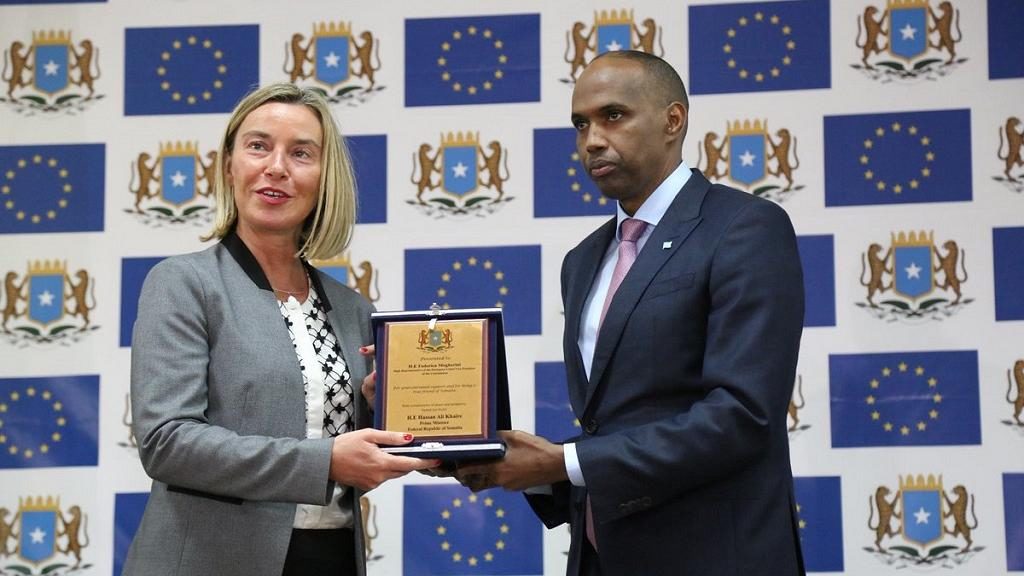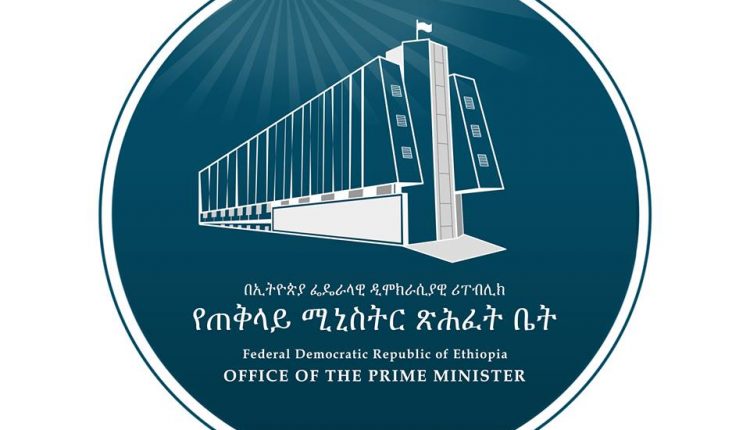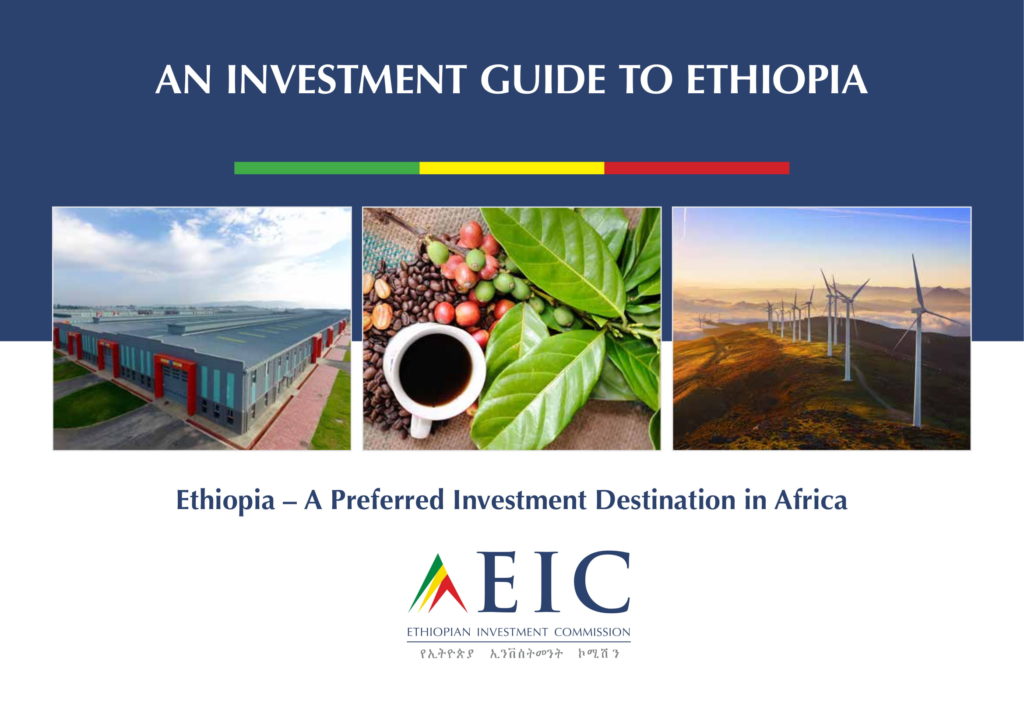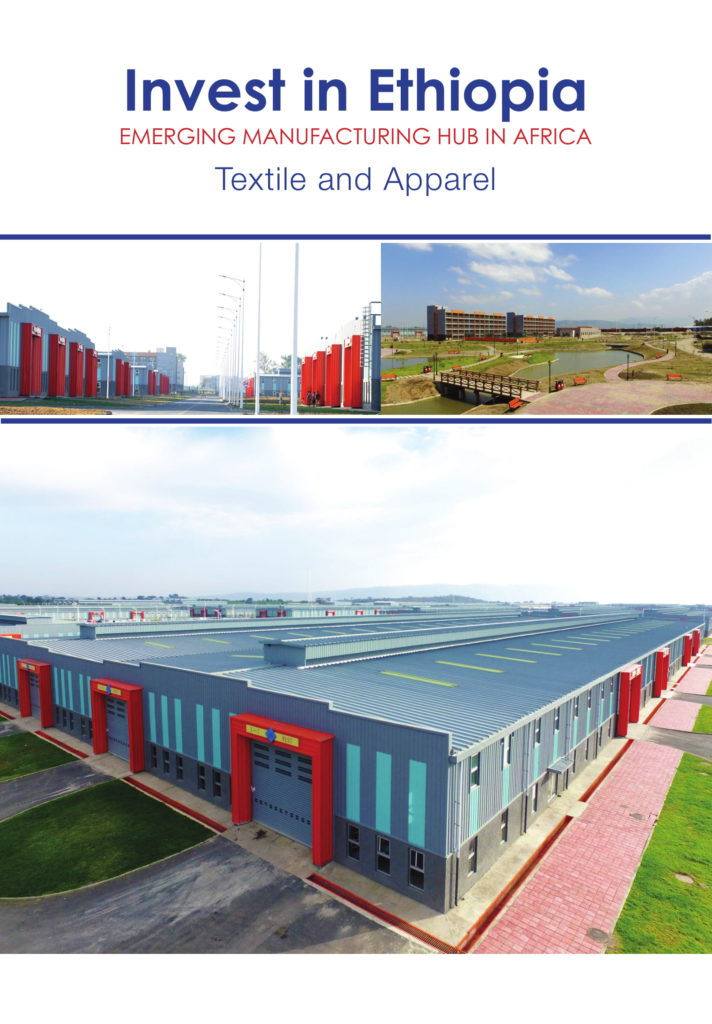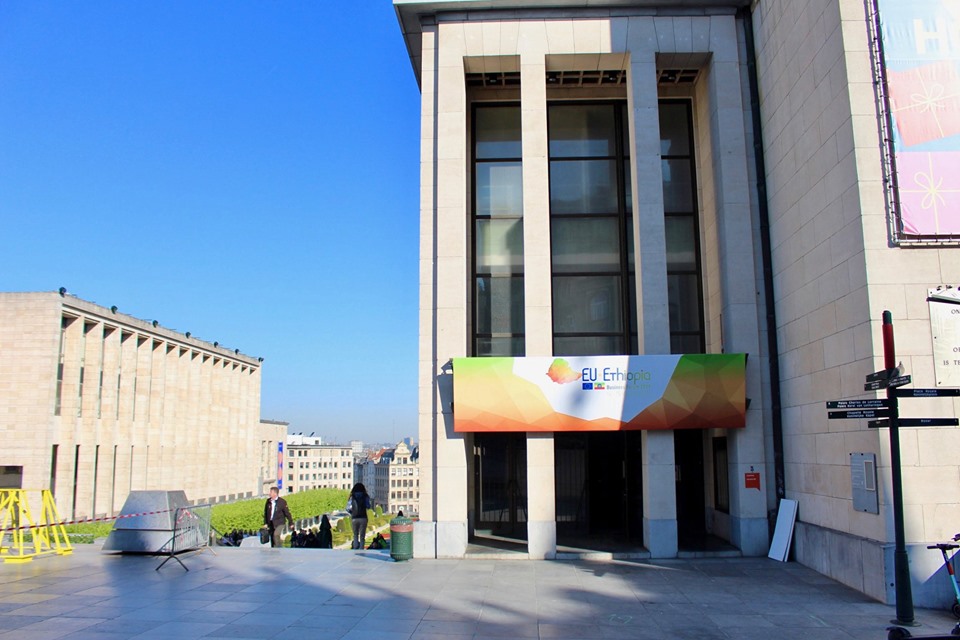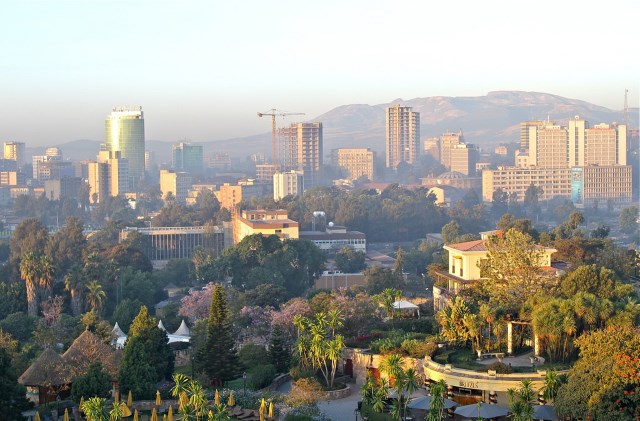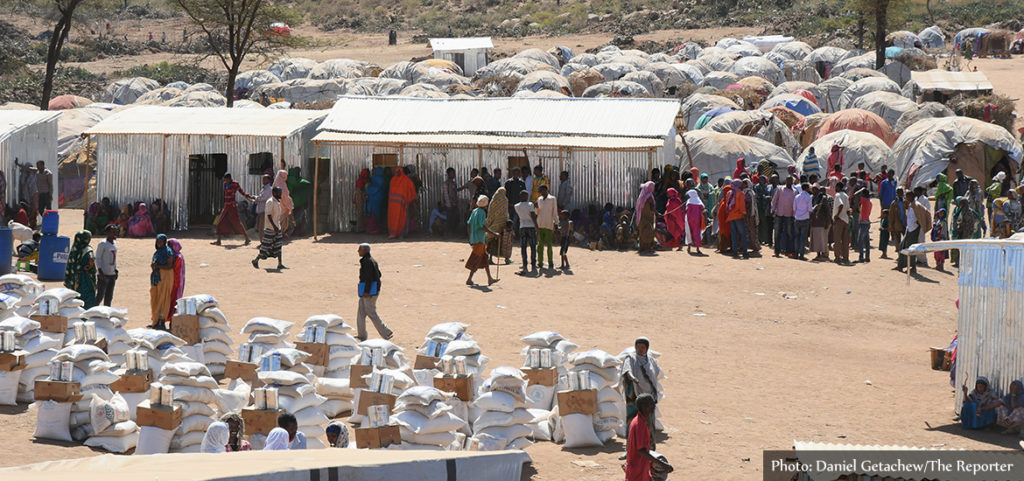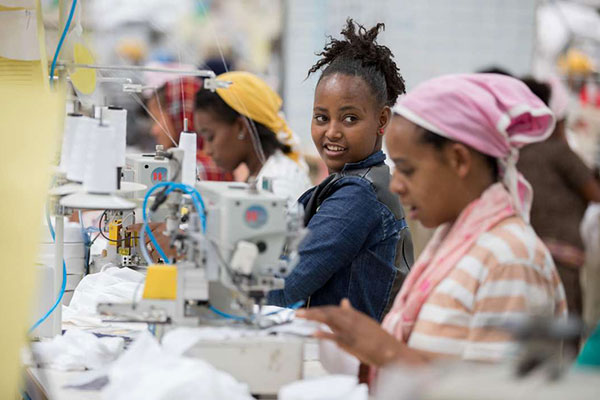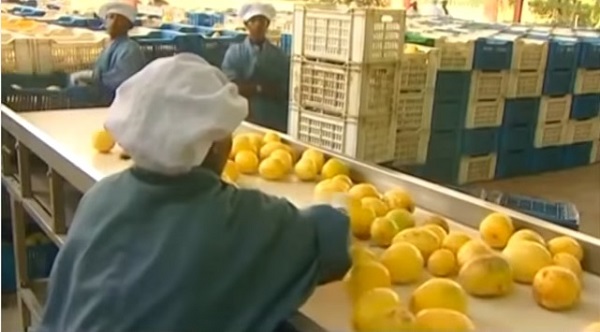
The Sustainable Energy Fund for Africa (SEFA), managed by the African Development Bank has approved a $995,000 grant to support the rollout of a sustainable procurement framework for Independent Power Producers (IPPs) in Ethiopia.
The SEFA grant is intended to “encourage private investments into hydropower projects through Ethiopia’s Renewable Energy Program.”
“It will strengthen the government’s capacity to undertake bankability and technical analysis including feasibility assessments of projects in the hydro priority pipeline.”
The grant also provides for environmental and social impact assessments, resettlement action plans, and preparation of bidding documents for hydro projects.
“A well-structured procurement framework is crucial in mobilizing the investments necessary to achieve universal energy access in Africa. The SEFA program will boost private IPPs participation, and spur investments into the Ethiopian hydropower sector,” said Wale Shonibare, the Bank’s acting Vice President for Power, Energy, Climate Change and Green Growth.
The program also complements the assistance provided by the Bank’s Institutional IPP/PPP Support Project, as well as the Bank-financed Mekele-Dallol and Semera-Afdera Power Supply for Industrial Development and Access Scale-up Project, Shonibare added.
Ethiopia has a vast but untapped renewable energy potential. Under a long-term development strategy, the government has outlined a National Electrification Program (NEP), targeting universal access by 2025 through a 65% on-grid, and 35% off grid combination. “The goal is to transform the country into a regional energy hub by 2030,” ADB said.
The Ethiopia Renewable Energy Program, supported by the SEFA grant, is in line with the country’s Growth and Transformation Plan (GTP II) 2015/16 – 2019/20 and with the NEP targets. It also aligns with the Bank’s Energy Sector Policy (2012), the New Deal on Energy for Africa, mainly focusing on “Renewable Energy” and “Early Stage Project Finance.”
Background
SEFA is a multi-donor facility established to unlock private sector investments in small to medium-sized clean energy projects in Africa through the following three components: grants to facilitate the preparation of renewable energy generation and energy efficiency projects towards bankability; equity investments to bridge the financing gap for renewable energy generation projects and; and support to public sector in improving the enabling environment for private investments in sustainable energy. SEFA is endowed with contributions from the Governments of Denmark, the United States, and the United Kingdom, and is hosted and managed by the Power, Energy, Climate and Green Growth Department of the African Development Bank.
